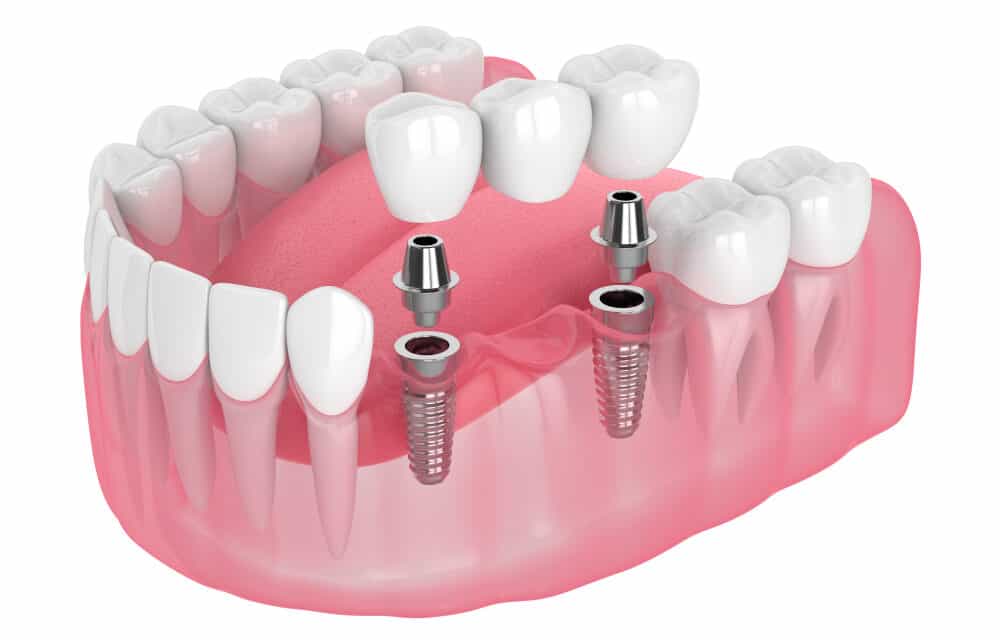Dental implants are a great solution for tooth loss or damage. They provide a permanent solution that restores your smile and bite. Before getting a dental implant, it’s important to understand what to expect from the procedure and aftercare. This article will provide an overview of what to expect during dental implant treatment, from the initial consultation to the aftercare.
What is a Dental Implant?
A dental implant is an artificial tooth root replacement that is placed in the jawbone to support a dental prosthesis, such as a crown, bridge, denture, or facial prosthesis. The implant is made of titanium, a material that is well-tolerated by the body. The implant is inserted into the jawbone and left to heal and integrate with the bone. Once it has healed and integrated, it supports the prosthesis.
Initial Consultation
The initial consultation with your dentist is an important part of the process. During this appointment, your dentist will examine your mouth and assess the area where the implant will be placed. They will ask about your medical history and any medications you’re taking. Your dentist will also take X-rays to determine the best position for the implant and to make sure there are no underlying issues that could interfere with the procedure.
Preparing for Dental Implant Treatment
Before the dental implant procedure begins, preparing for the treatment is important. This includes having a comprehensive dental exam to assess the health of your teeth and gums and taking x-rays to determine the size, shape, and position of the implants. During the exam, your dentist will also discuss the different types of implants available and ensure you are a good candidate for the procedure.
The Procedure
The procedure for getting a dental implant is relatively straightforward. First, your dentist will make an incision in the gum to expose the bone. Then, they will drill a hole into the bone and place the implant. Finally, they will secure the implant in place with a screw or abutment. The entire procedure usually takes less than an hour and can be done under local or general anaesthesia.
Restoration of the Implant
Once the implant has healed, the dentist will place a metal post, known as an abutment, into the implant. This post will secure the prosthetic tooth, such as a crown, bridge, or denture, to the implant. The prosthetic tooth is then attached to the abutment, and the patient can begin using it immediately.
Potential Complications
Although dental implants are generally successful, there is a risk of complications. The most common complications include infection, nerve damage, sinus problems, and implant failure. Infection is the most common complication and can usually be treated with antibiotics. Nerve damage can cause pain, numbness, or tingling in the gums, lips, or chin. Sinus problems can occur if the implant is too close to the sinus cavity. Implant failure is rare but can occur if the jawbone does not integrate with the implant.
Aftercare
After the procedure following your dentist’s instructions for aftercare is important. This includes avoiding hard or chewy foods, brushing and flossing regularly, and avoiding smoking and alcohol. You may also be prescribed pain medication or an antibiotic to help with healing. Your dentist may also recommend follow-up appointments to monitor the healing process.
A dental implant is a great solution for replacing a missing tooth or restoring your smile. This article has provided an overview of what to expect during dental implant treatment. You can enjoy your new implant for years to come.
Dental Implants in Wahroonga Dental Group
If you’re in need of quality dental implants in Wahroonga NSW, Australia, look no further than Wahroonga Dental Group. Our experienced team of professionals will ensure you receive the highest standard of care. Contact us today to learn more.


